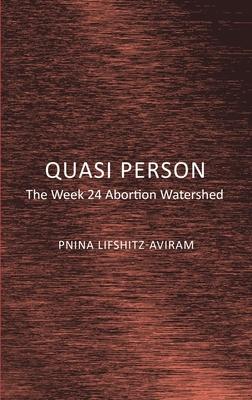This book delves into the controversial subject of late-term abortions, particularly those occurring after 24 weeks of gestation. It emphasizes that the abortion debate is multifaceted, involving ethical, legal, medical, and philosophical aspects. Different countries have diverse policies on abortion, from strict prohibitions to more permissive approaches.
Recent legal developments in the United States, exemplified by the Dobbs v. Jackson Women's Health Organization case overturning Roe v. Wade, have stirred significant legal, political, and public upheaval surrounding abortion rights.
Advancements in medical technology have enabled early detection of fetal defects, forcing expectant mothers to make complex decisions regarding continuing a pregnancy with potential health challenges for the child or opting for termination.
The book introduces the concept of viewing the fetus as a "quasi person" with the right to be born and enjoy good health, especially after the 24th week of pregnancy. It aims to strike a balance between women's autonomy and fetal rights, considering advances in fetal therapy.
Employing a multidisciplinary approach, drawing insights from law, philosophy, ethics, medicine, psychology, and public policy, the book seeks to reconcile the rights of women and fetuses. It unequivocally supports protecting the right to life for viable fetuses, justifying this stance through historical context, advancements in fetal therapy, and ethical considerations related to women's autonomy and fetal rights.
In summary, this book provides a thorough examination of abortions performed after 24 weeks of gestation, exploring the ethical, legal, medical, and philosophical dimensions while advocating for the preservation of the right to life for viable fetuses.
